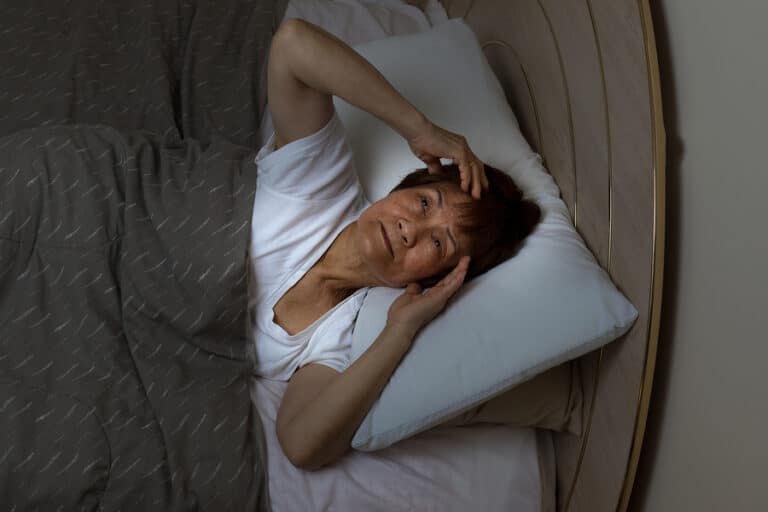Getting the most out of sleep is really important for aging adults, but many seniors find sleep to be difficult as they age. One culprit that could be causing issues is caffeine, but seniors might be reluctant to give it up. With the help of home care providers and a plan, seniors might find it a lot easier to kick caffeine or at least limit it, thereby improving sleep at the same time.
Seniors and Caffeine
Caffeine has a stimulating effect and it is found in many beverages and foods, including coffee, tea, soda, and chocolate. While caffeine can provide a temporary boost in energy and alertness, it can also have negative effects on sleep, especially for aging adults. For seniors, the effects of caffeine on sleep can be more pronounced due to changes in their metabolism and sensitivity to caffeine. Seniors may take longer to metabolize caffeine, meaning it stays in their system longer than it used to and can interfere with sleep. Additionally, seniors may experience more side effects of caffeine, like jitters, nervousness, and increased heart rate.
Become Aware of Caffeine Intake
The first step for seniors when it comes to caffeine is to become aware of how much caffeine they’re getting. They also need to start paying closer attention to how caffeine makes them feel. Keeping a log of what they’re ingesting and when can be a good start. When seniors really focus on how caffeine is impacting their daily life, especially in terms of sleep, it can make more sense to cut back.
Start Limiting Caffeine
Beverages and foods that contain caffeine, like tea, coffee, and chocolate, might not be great choices for late in the day or before bed. One option is to switch to caffeine-free sodas, coffee, and tea. Or seniors may just want to eliminate those options past a certain point in the day. Again, it’s important to focus on how those changes make them feel.
Double Check Labels
Reading labels is always important, and foods and drinks that contain caffeine usually indicate that somewhere on the label. Sometimes it isn’t obvious, however, like with chocolate. Some medications can have caffeine in them, too, so seniors who are very sensitive to caffeine’s effects need to be aware of where it might show up.
Prioritize Sleep
When it comes to getting better sleep after limiting caffeine, seniors have some options. They should stick with a consistent sleep schedule, because that helps their body to get back onto a solid circadian rhythm. Having a bedtime routine that is relaxing and that helps them unwind can be a good choice, too. Check for problems that might create a tough time sleeping, like a bedroom that is too hot at night or bedding that isn’t comfortable. Senior care providers can help aging adults to put together routines that improve sleep.
Encourage Seniors to Talk to Their Doctors
If seniors have cut back on caffeine and are still having trouble sleeping, there might be more going on. At that point it’s a good idea to talk to their doctor about what might be interfering. Other changes could be helpful, and doctors may have some other suggestions.
Home care providers can be a huge help to seniors as they make changes around caffeine intake and work to prioritize sleep. Starting out slowly can help to mitigate some of the symptoms associated with limiting caffeine.
If you or an aging loved one is considering home care in McKinney, TX, please contact the caring staff at Clear Path Home Care today. Call 817-928-5788
Clear Path Home Care provides compassionate, high quality home care in Denton County, Montague County, Cooke County, Grayson County, Fannin County, Lamar County, Wise County, Collin County, Hunt County, Delta County, and Hopkins County in Texas.
- The Importance of Lighting for Seniors in their Homes - June 6, 2024
- Understanding the Importance of Meal Planning for Seniors - May 23, 2024
- Tips for Helping a Senior Parent Shower Safely - May 14, 2024






